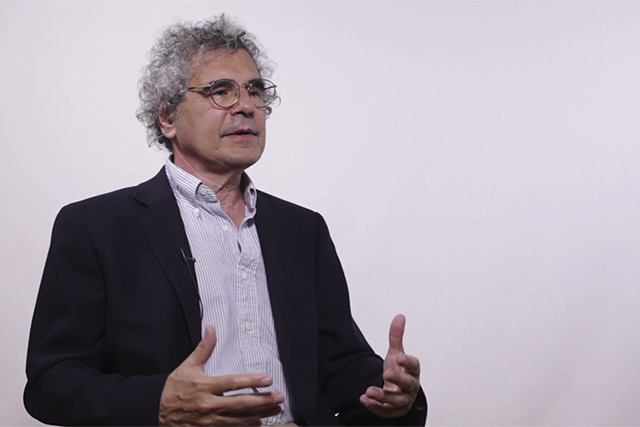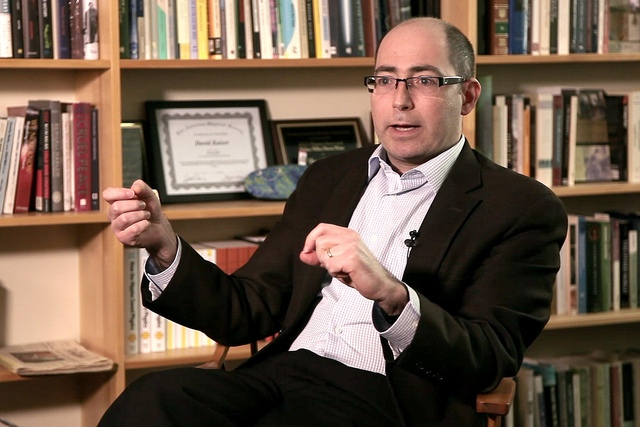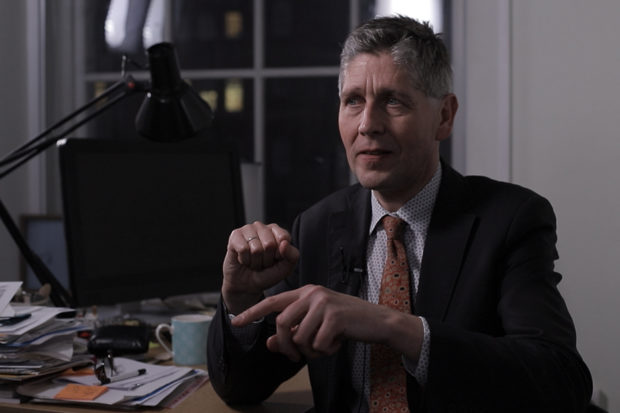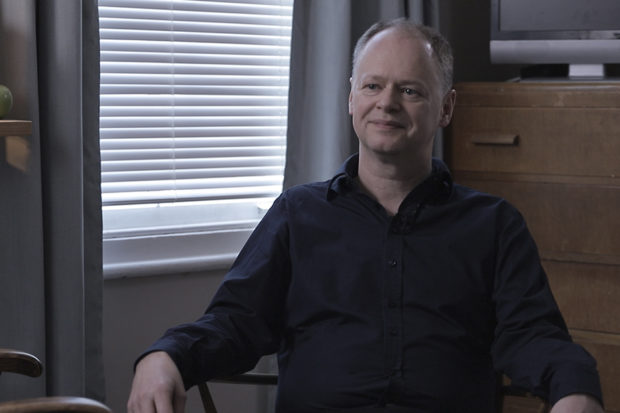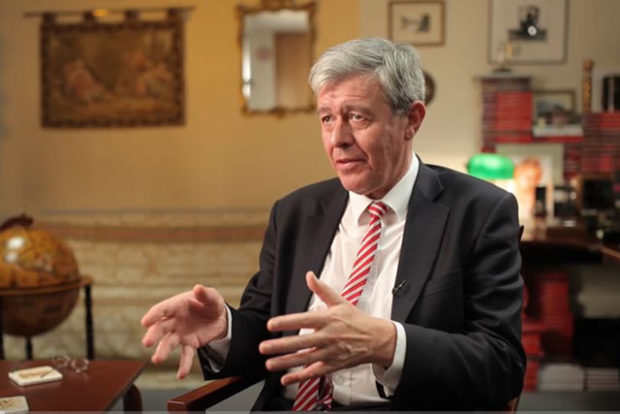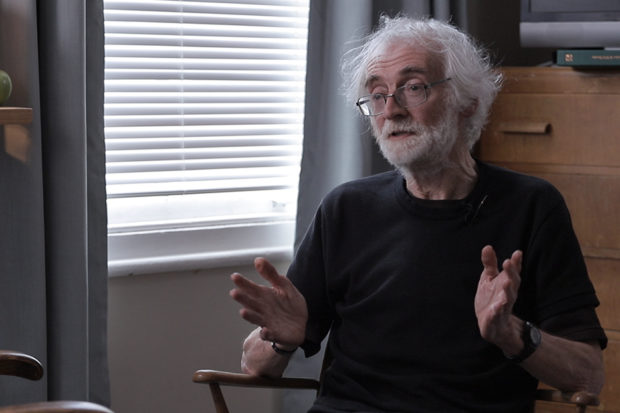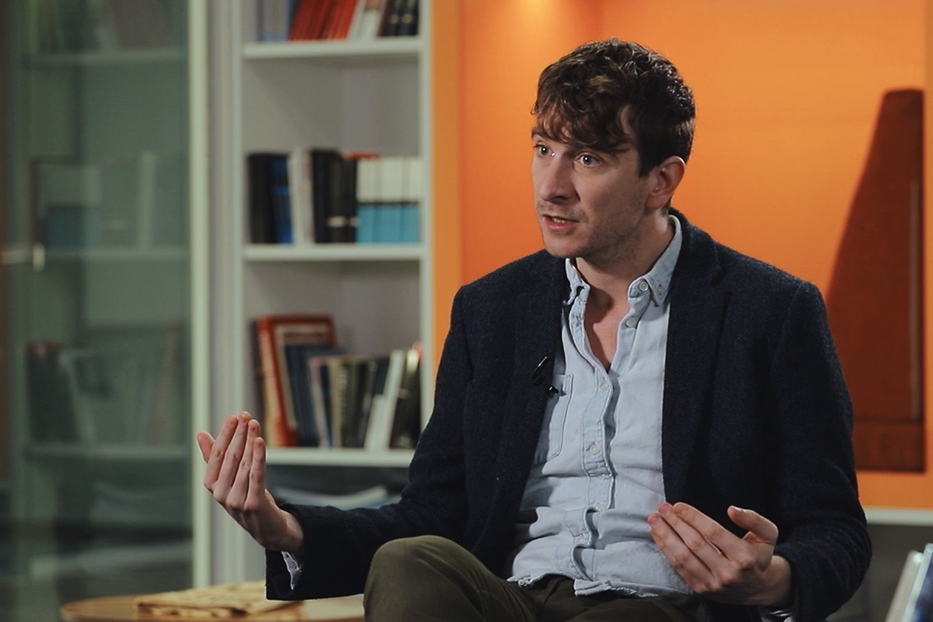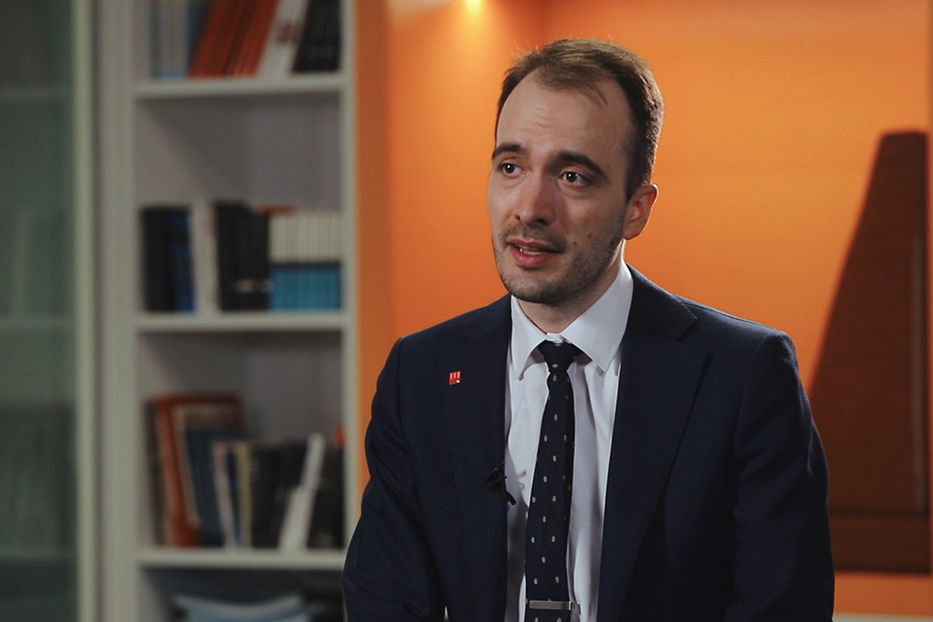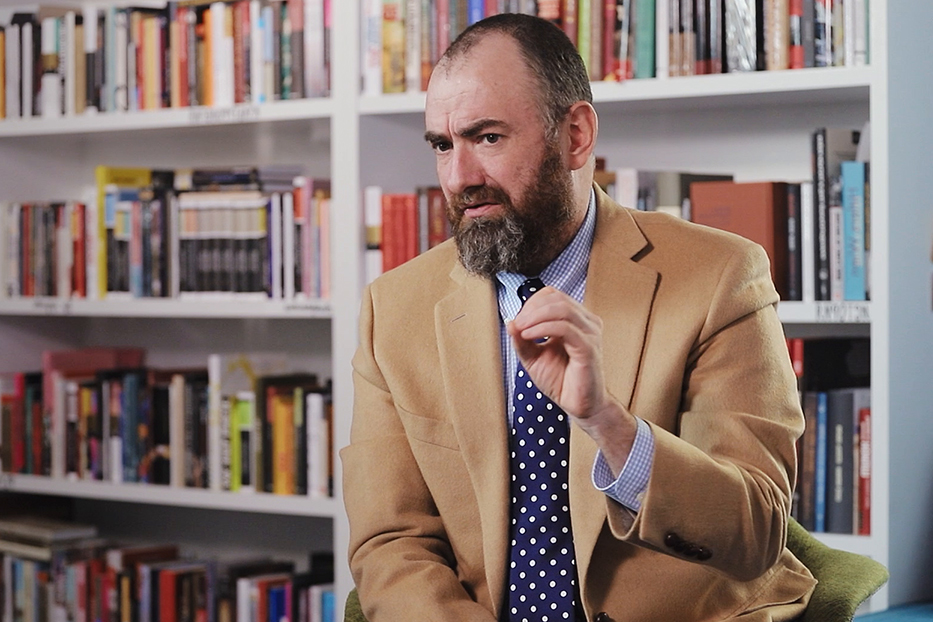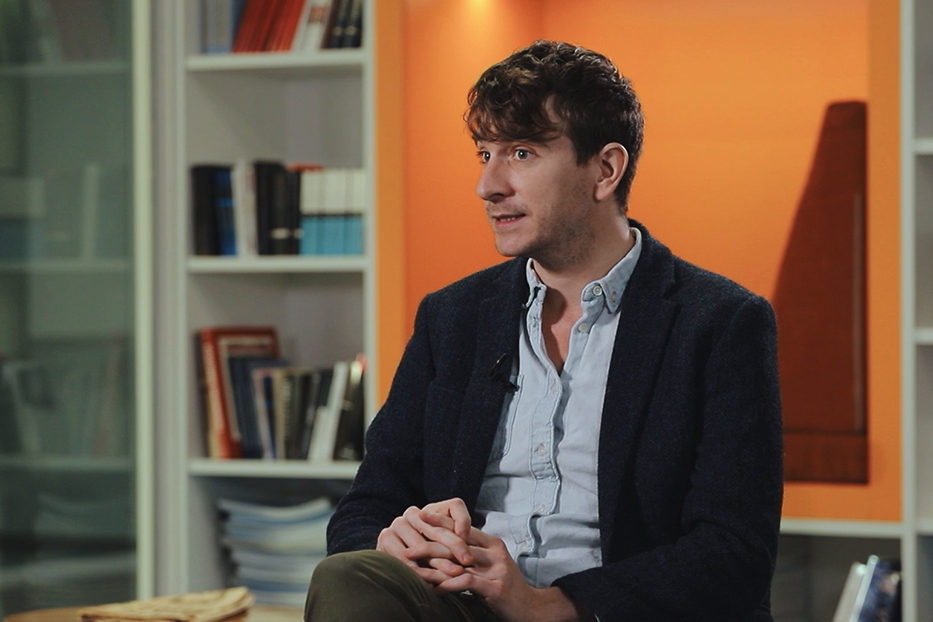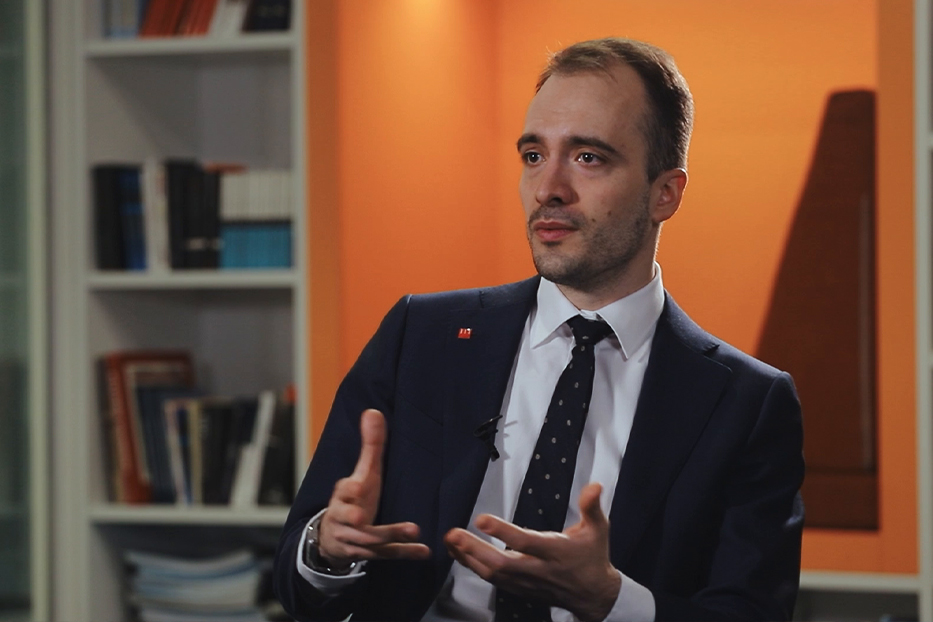The Concept of Sovereignty
Historian Richard Bourke on political community, history of political philosophy, and the modern struggle over the location of sovereignty
videos | June 14, 2017
Why is the European Union seen as a struggle over the nature of sovereignty? What four properties should sovereignty have? Why is the struggle for sovereignty unlikely to cease? These and other questions are answered by Professor in the History of Political Thought at the Queen Mary University of London, Richard Bourke.
Recently it has become an increasingly controversial issue, partly because where there are states there are movements for cessation from those states, there is implicitly a claim on the part of the cessationary power – a rival claim, if you like, to sovereignty. So sovereignty therefore is, fundamentally, a politically contested property.
It may be the case that when Britain no longer has any relationship to the European Union, it may have more power in all sorts of ways, but it can have less power in all sorts of ways. In reclaiming its sovereignty it won’t be reclaiming its power. What it would be claiming is a final right of jurisdiction, but it would be its government that would be practically dependent on all sorts of powers in the world. It would be practically dependent upon the opinion of its population, it would practically be dependent upon all sorts of international treaties, it will practically be dependent upon all sorts of international legal bodies.
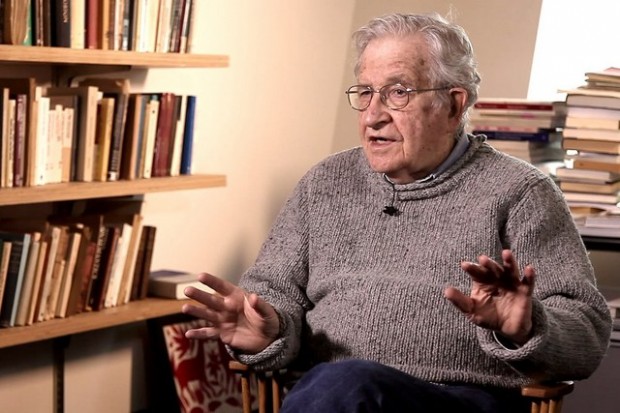
Sovereignty is a fundamental part of our world and we shouldn’t expect that to go away any time soon. Therefore it’s reasonable to expect that sovereignty and the struggle over the location of sovereignty are likely to be a part of the future. This is clearly the case in Europe generally, because there is no prospect of strive over the character composition and the location of authority within the European Union going away any time soon. But of course, it is not just Europe in which this is an issue. In the Russian Federation it’s clearly going to be an issue, because whenever you have cessationist pressure and debates over the relative location of power vis-a-vi subordinate jurisdictions you’re going to debates about sovereignty.












